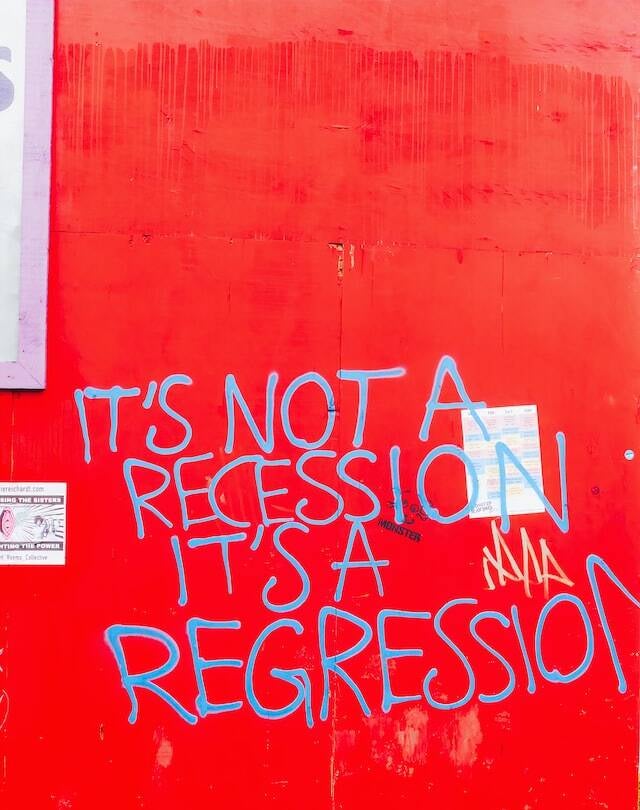
We recently read a paper by Howard Marks called “The Illusion of Knowledge.” The premise of the paper is that economists are paid to predict the future but they are not that good at it. It makes sense when you consider that there are so many different variables that deliver the eventual outcome. When we think about the Brexit vote, Trump, the last UK election etc did we really know how people would vote?
2022 has been described as a year with many “1 in 100” events, whether it is the war in the Ukraine, global supply shortages, high inflation, high interest rates etc. What many want to know is when inflation will ease, when interest rates will stabilise and at what level, will Ukraine win the war, and what does all this mean for markets?
There are many fund managers who move money on a regular basis because they feel they need to do something, and in doing this they are implying that they know what is going to happen.
This quote is worth considering:
“There are two kinds of forecasters: those who don’t know, and those who don’t know they don’t know.”
Source: John Kenneth Galbraith
Let us consider interest rates and recession risks in this blog.
In the UK the pricing for fixed rate mortgages is at the highest level for 14 years. To put this into perspective, 12 months ago a five-year fixed rate was around 0.97%, and ten years 1.95%. Unlike the US most mortgages are on short term fixed rates and therefore as mortgages come to the end of their terms, people are facing significant hikes in payments. You could argue on its own it would not be a concern but when you consider the increase in fuel, food, council tax etc this means people have less disposable income.
With less disposable income people spend less and that will slow economic growth. There are also wider concerns about people’s ability to afford to buy and therefore you have a slowdown in the property market. Many experts are predicting house prices to fall by at least 10% in 2023 and they might be right, but the facts as they stand are:
- Higher interest rates will have an impact on people’s disposable income, and this will slow economic growth
- There is evidence of a slowdown in the housing market because the costs are becoming unaffordable for many
What we don’t know is whether house prices will fall, and at what level interest rates settle.
When we consider investments in the short-term this will impact any asset which has interest rate sensitivity (property, debt etc). So what we have seen is a sell down in property, bonds etc.
Longer term, the path of interest rates is unknown. As investors we are considering investments over a 5-to-10-year period. Do we believe that property, bonds etc will not have a place in portfolios longer term? The answer is no, so although uncomfortable shorter term, longer term the story remains.
If interest rates settle at 3% to 4%, there are companies that will struggle more and therefore it makes sense to focus on quality. This could be a slight shift in where investors place their money. This is because you want to hold companies that have less debt, have a strong franchise, and can raise prices.
All of this leads to the question as to when a recession will come, and what does this mean for markets? The two tables below provide some food for thought. Markets have already come down a lot and therefore we could find that markets rise near the start of a recession.


The key is that a recession doesn’t necessarily mean negative returns, and equally in the year after a recession often we see positive returns. The other fact to consider is that the recovery in the markets often comes during the recession, and in some cases, this has been relatively early.
We currently see recessionary risk. This is because it is highly likely a recession will come but the impact is less known. If we consider the past, where the markets are etc, then logically we can argue that markets have already fallen a lot. This means that they must be close to the bottom. A recession might be positive for markets, and we could then start to see that recovery come through.
In summary, we are not forecasters, but we know the desire for some level of certainty. Can we say with a degree of certainty where rates will rest? No. Do we know what will happen with markets? Again, the answer is no. What we can do with markets is look at past events which should give us a degree of comfort that if the past provides repeatable patterns, then we should see a recovery and there is a chance that because of the declines we have seen this could be sooner than we expect.


Add comment
Comments